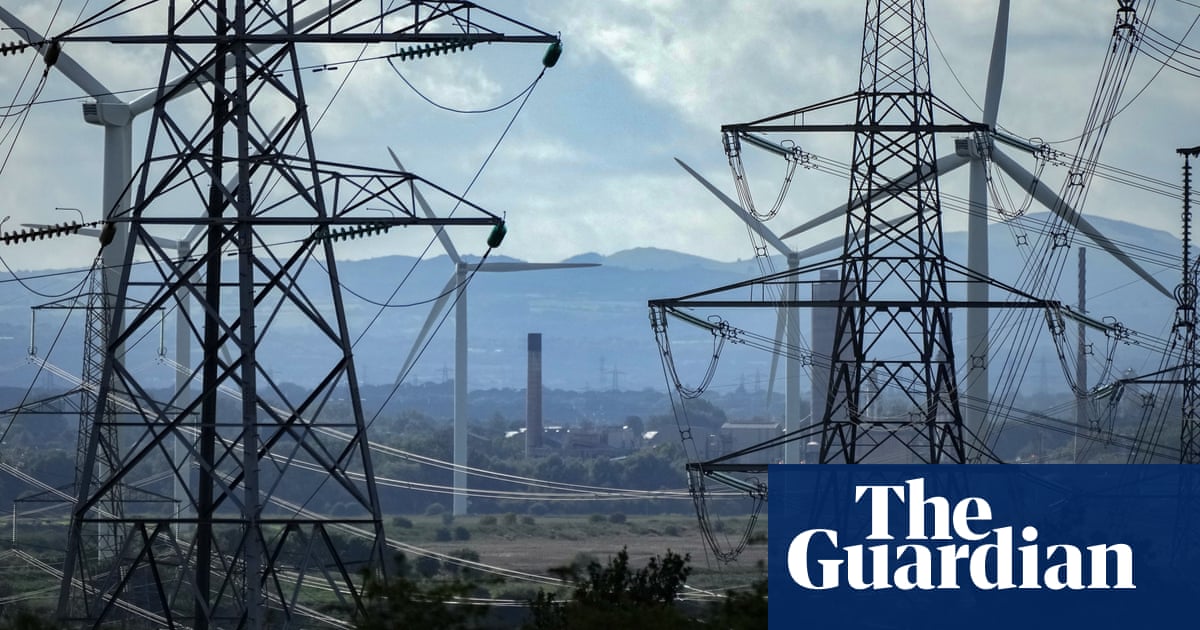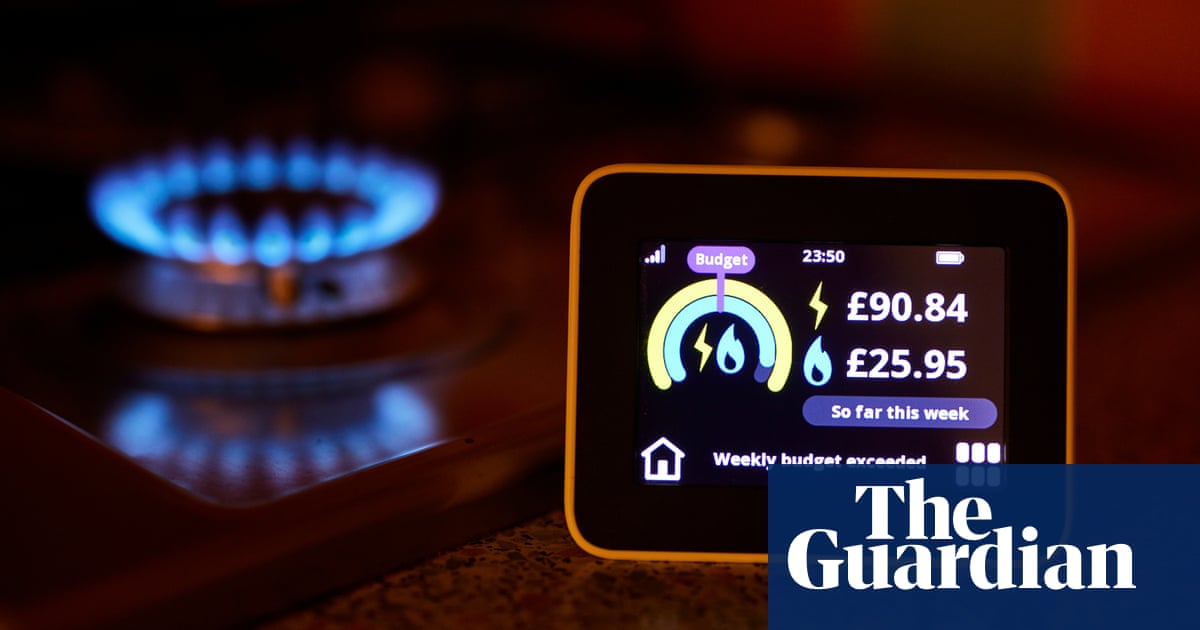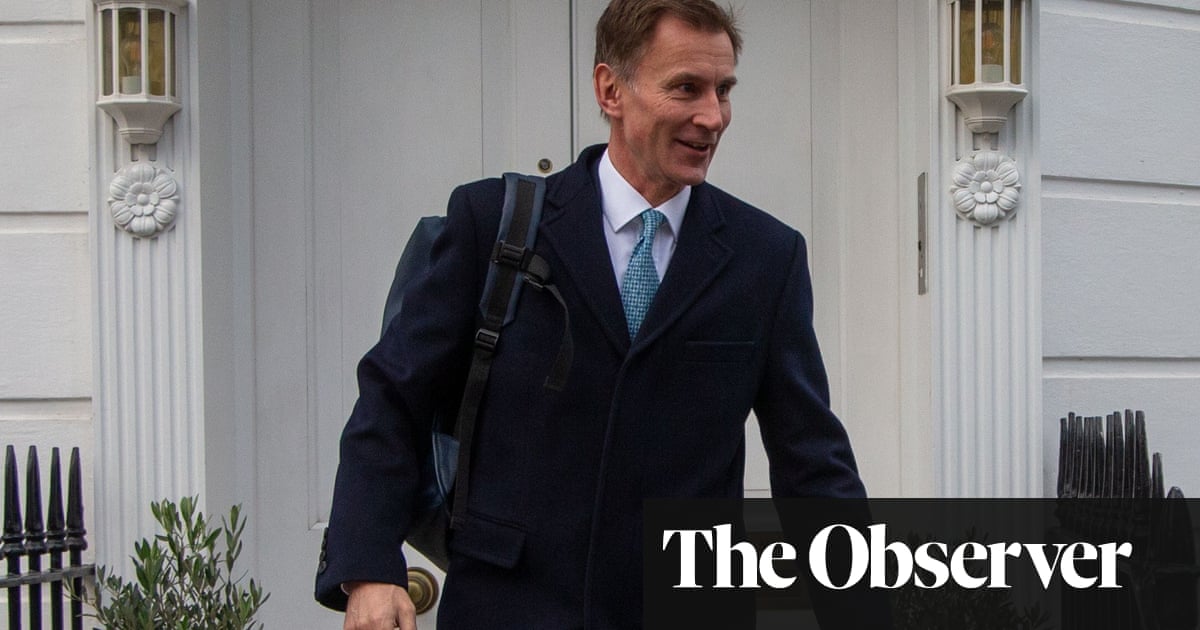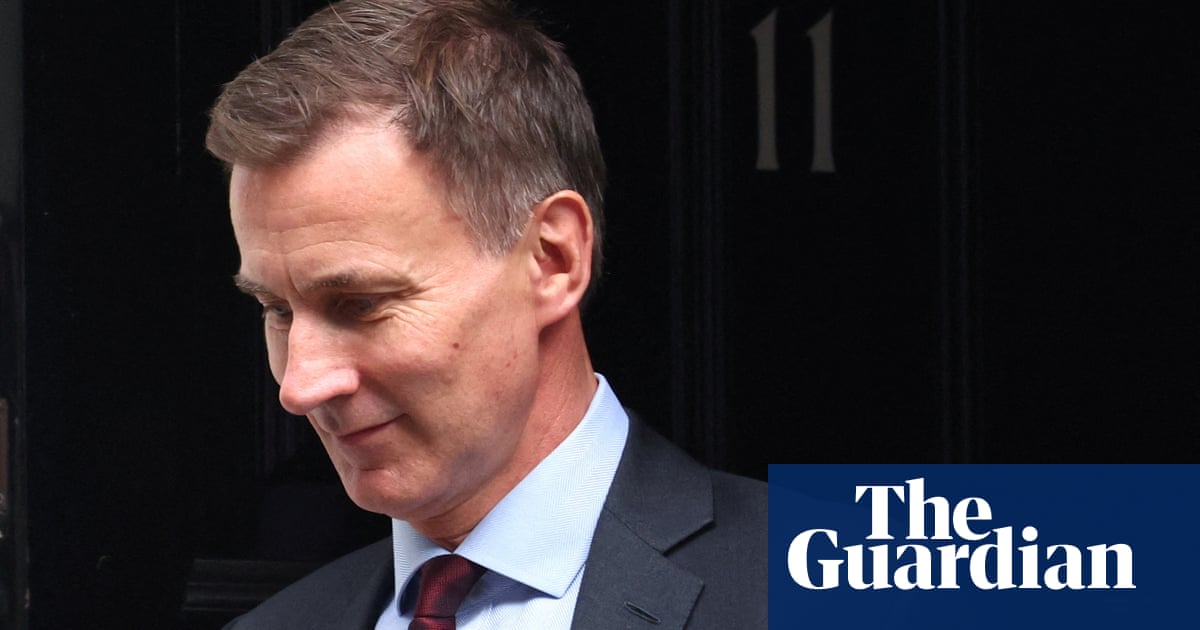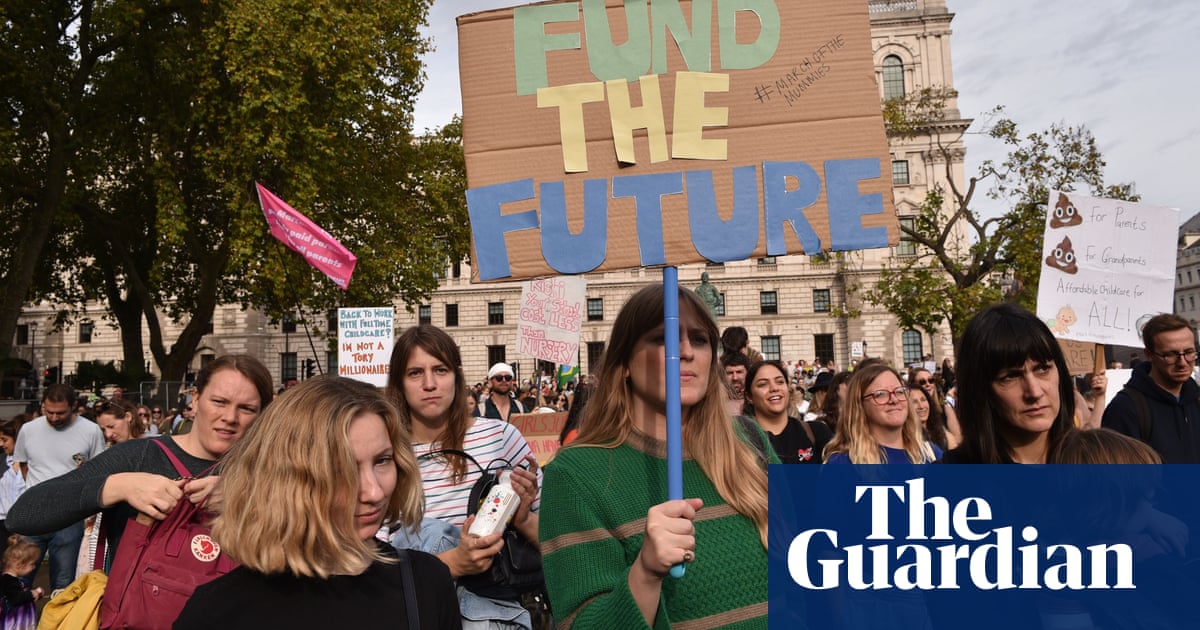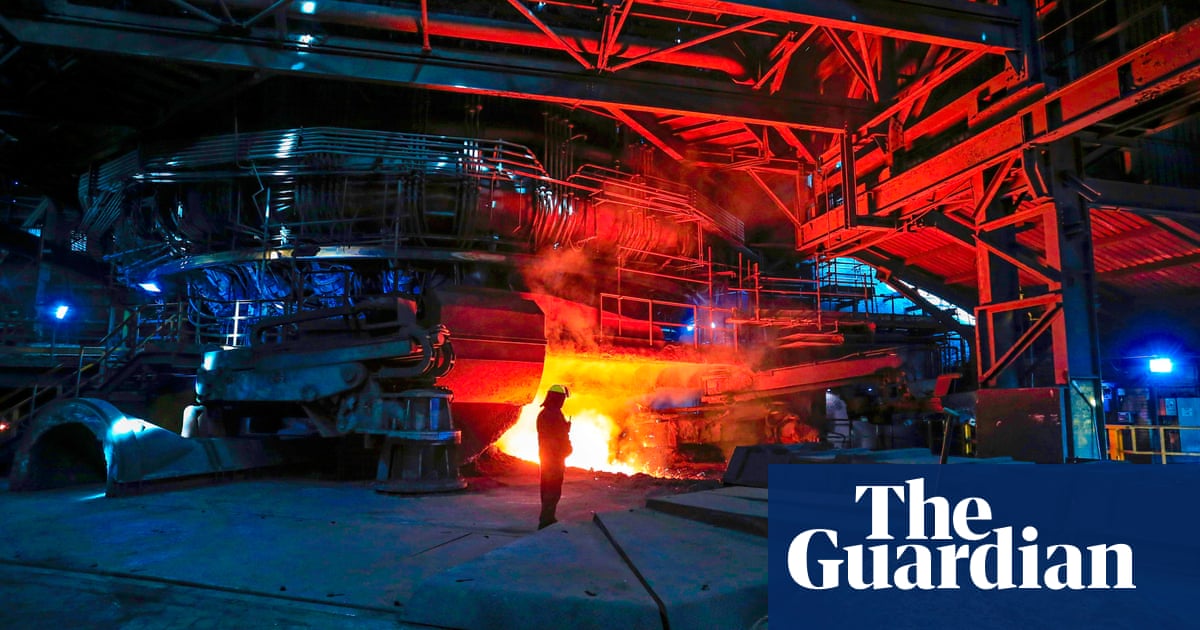
Jeremy Hunt is poised to approve a £300m financial support package for British Steel designed to cut its carbon footprint and avoid thousands of jobs being lost.
The chancellor is expected to tell the UK’s second-biggest steelmaker, which employs about 4,000 people, within days that he has given the green light to the delivery of £300m in instalments over the next few years.
The package is designed to fund a project to replace the company’s blastfurnaces at its site in Scunthorpe with greener electric arc furnaces, Treasury sources said.
British Steel was bought out of liquidation in March 2020 by the Chinese group Jingye. It is understood government funding is contingent on Jingye committing to retaining jobs and investing at least £1bn in British Steel by 2030.
The business secretary, Grant Shapps, and the levelling up secretary, Michael Gove, last month sent a letter to Hunt laying out the requirements of any aid package for British Steel. They wrote that the company “does not have a viable business without government support”, adding: “Closing one blastfurnace would be a stepping-stone to closure of the second blastfurnace, resulting in a highly unstable business model dependent on Chinese steel imports.”
Shapps and Gove estimated that closing both blastfurnaces could cost the region £360m to £640m, as well as up to £1bn in extra costs to the government in decommissioning and other liabilities. Talks between the government and British Steel began in October, led by former business secretary Jacob Rees-Mogg.
Any taxpayer-funded deal could spark criticism among Conservative MPs sceptical of Chinese ownership of key British businesses.
A British Steel spokesperson told Sky News, which first reported the aid package: “Jingye are committed to our long-term future but we also require the UK government to provide the necessary support, policies and frameworks to back our drive to become a clean, green and sustainable company.
“We are continuing formal talks with the government about decarbonisation, along with the global challenges we currently face.
“The government understands the significant impact the economic slowdown, rising inflation and exceptionally high energy and carbon prices are having on businesses like ours, particularly during such a key period in our transformation.”
A spokesperson for the Department for Business, Energy and Industrial Strategy said: “The government recognises the vital role that steel plays within the UK economy, supporting local jobs and economic growth, and is committed to securing a sustainable and competitive future for the UK steel sector.
“While we cannot comment on ongoing negotiations, the business secretary considers the success of the steel sector a priority and continues to work closely with industry to achieve this.”




